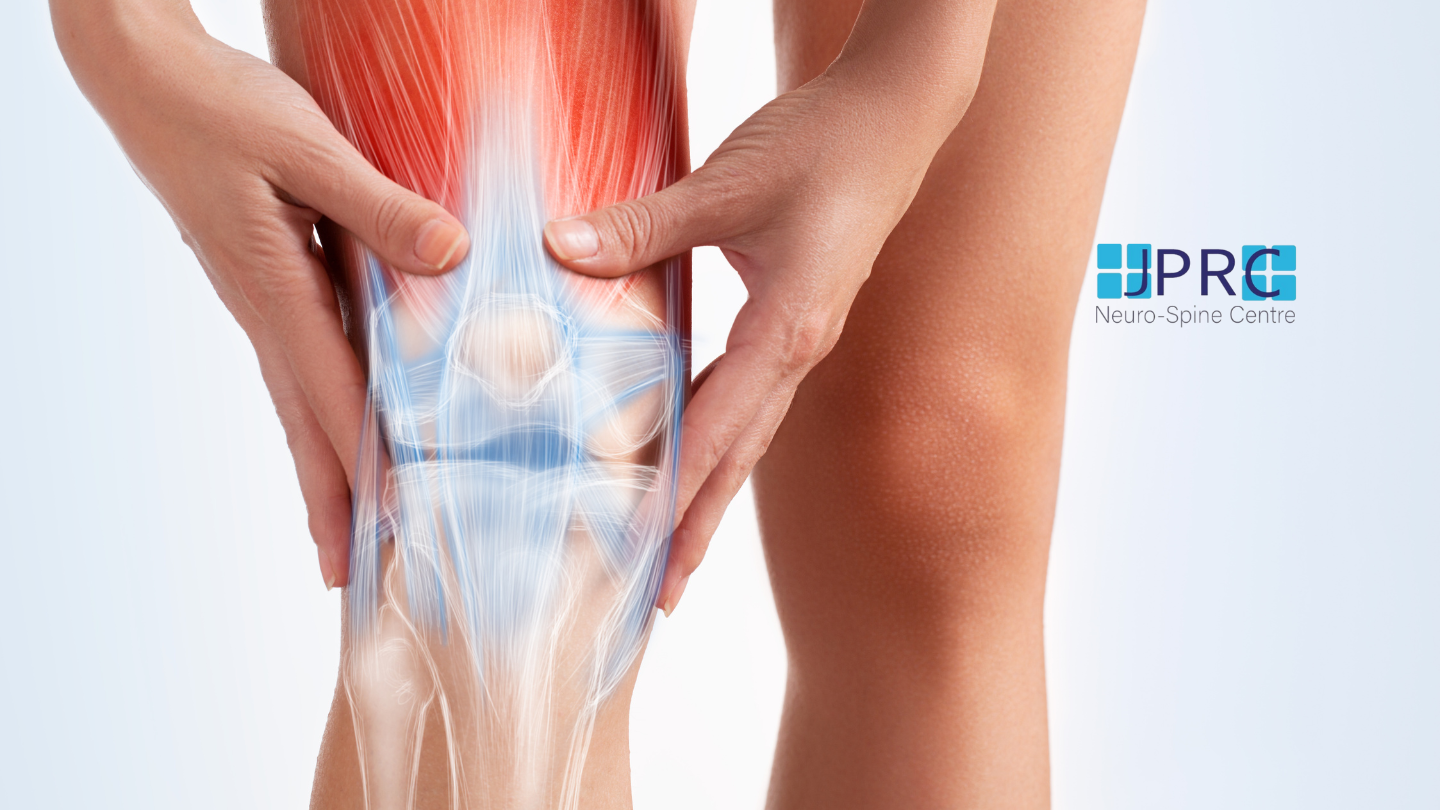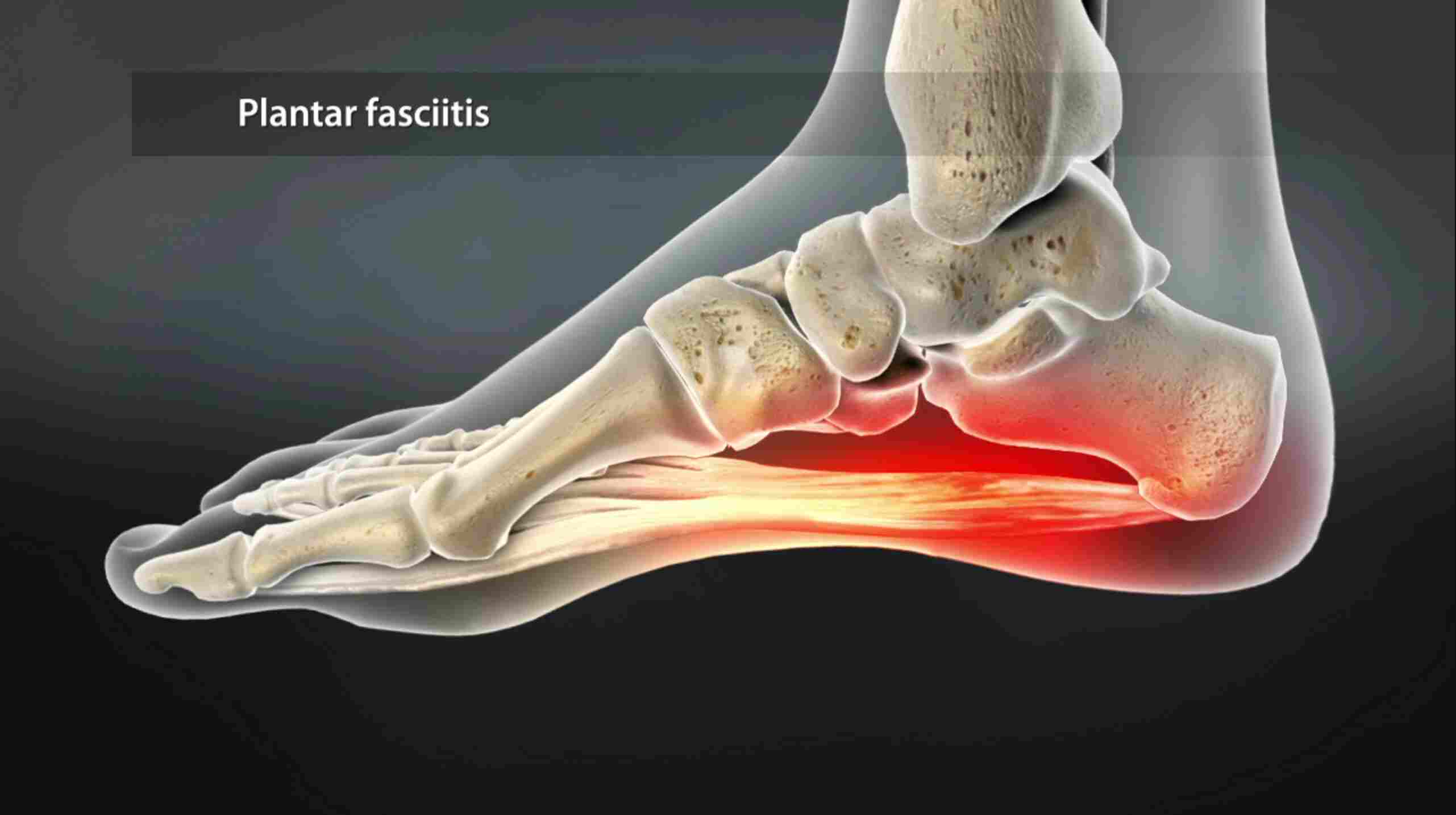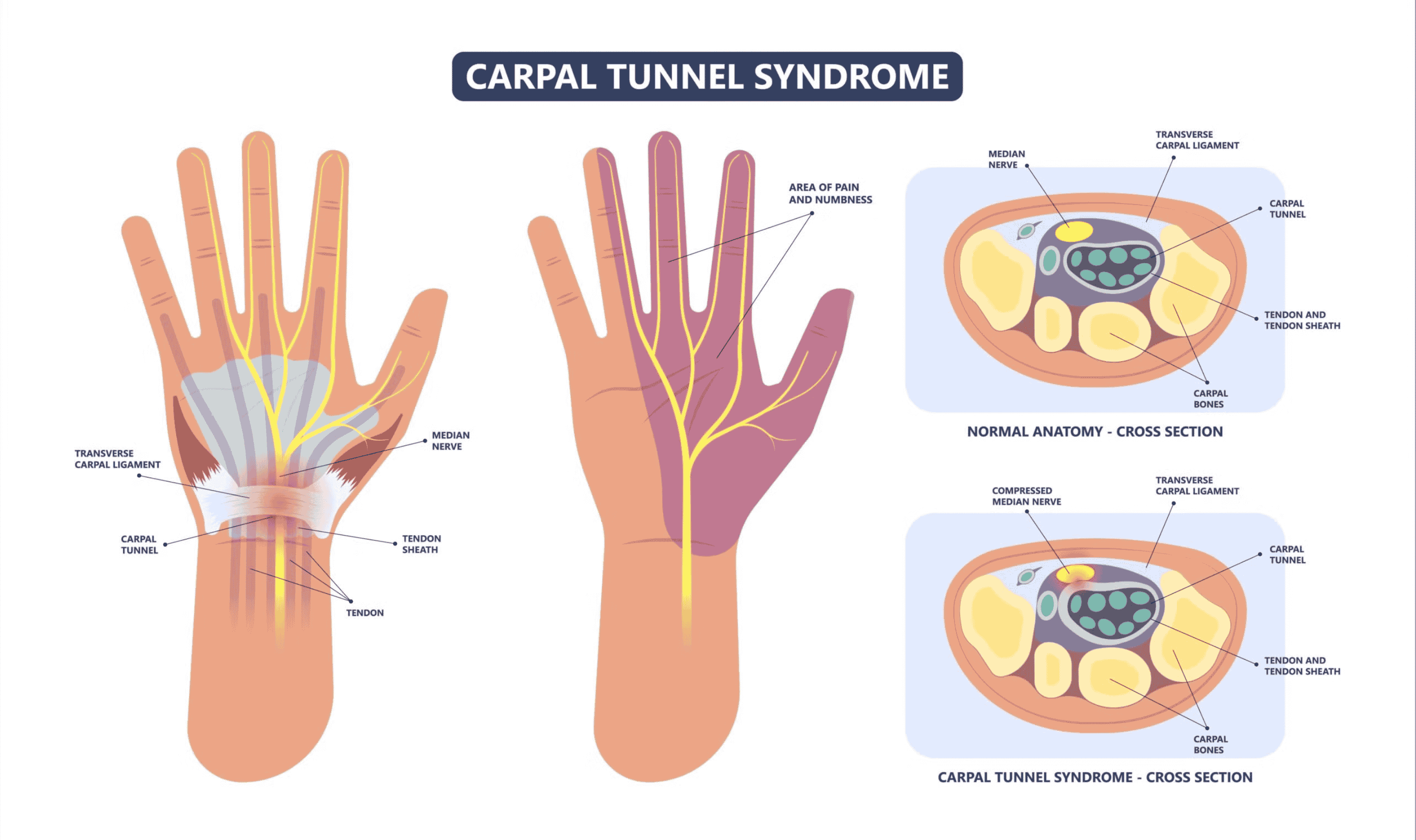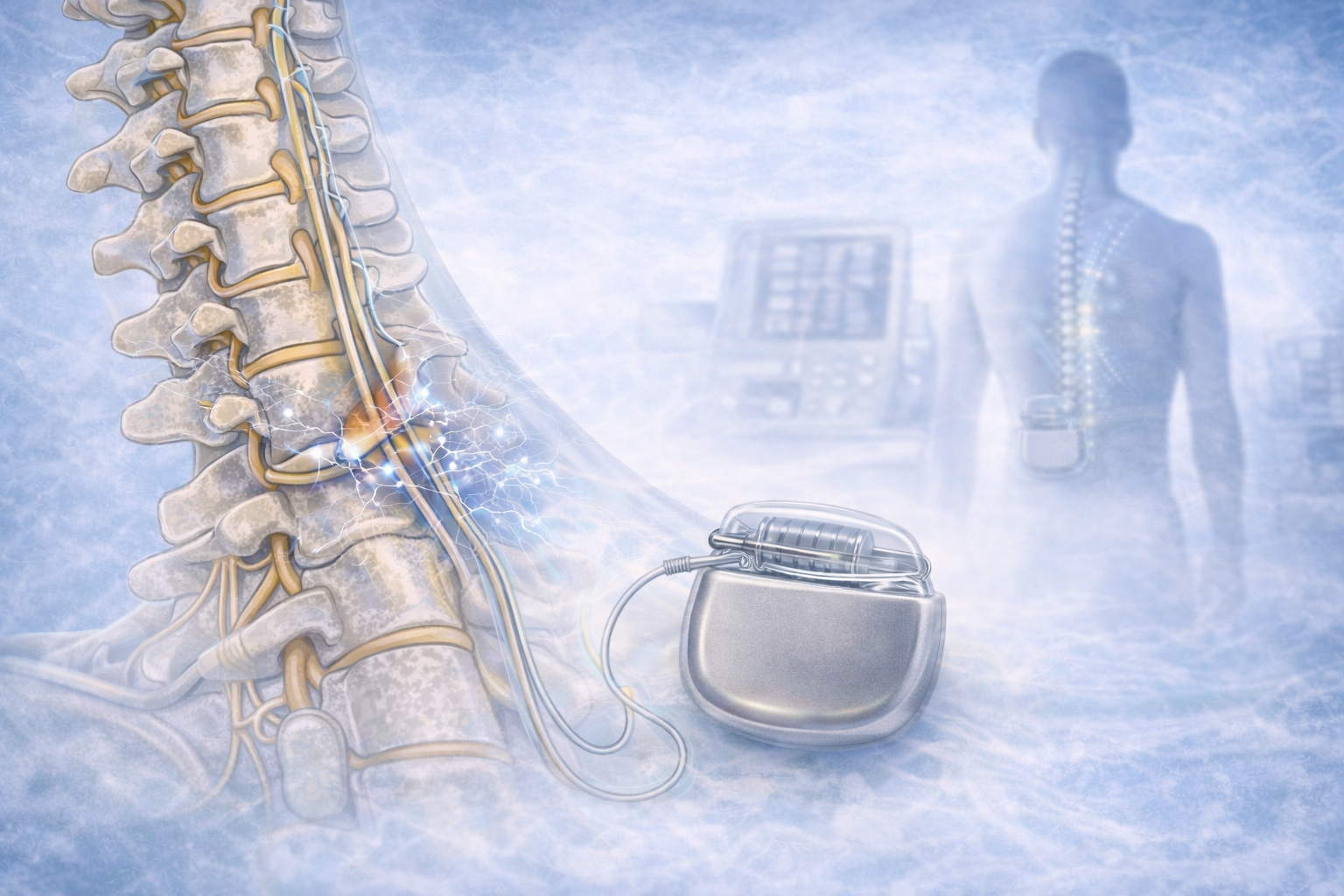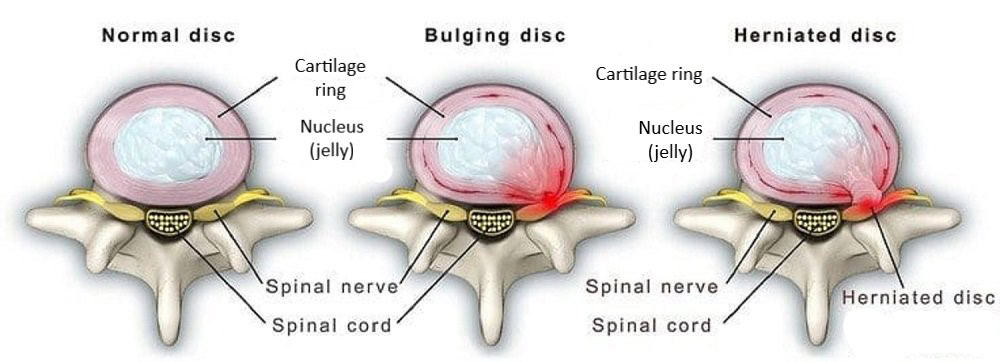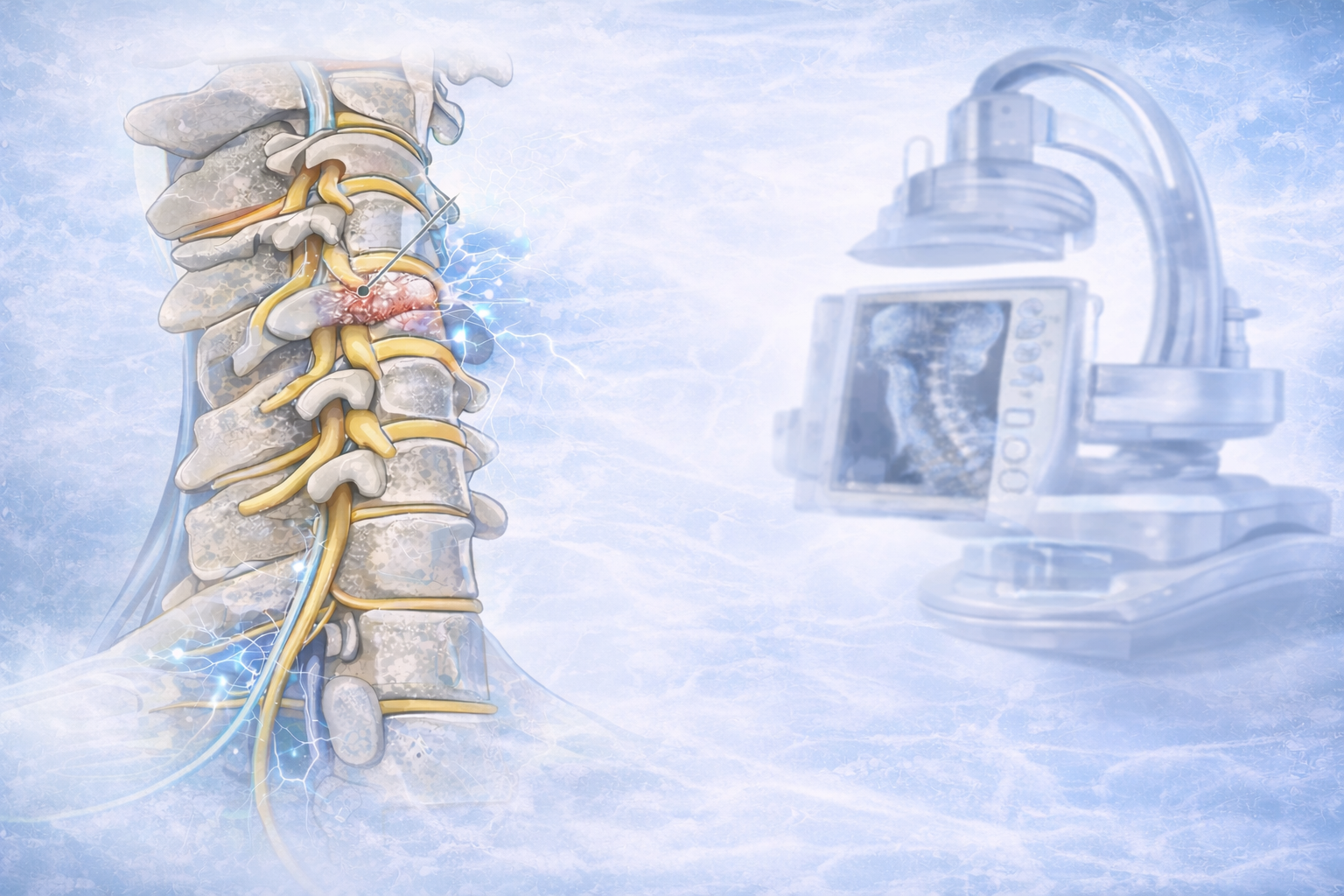Pain Physicians' Critical Role in Treating Chemotherapy-Induced Neuropathy
Painful chemotherapy-induced neuropathy may occur while receiving cancer treatment.
Patients may experience hand and foot tingling, numbness, pain, and weakness as they fight
the disease. Neuropathy symptoms can greatly influence their quality of life and daily
functioning. This article will explain chemotherapy-induced neuropathy and emphasize the
need for pain physicians to diagnose and manage it.
Chemotherapy-Induced Neuropathy: An Unwelcome Compant
Cancer treatment is effective, but it has adverse effects. One of the most difficult and
debilitating is chemotherapy-induced neuropathy. Some chemotherapy medications harm
peripheral nerves, which send impulses between the central nervous system and the body.
Chemotherapy-induced neuropathy effects range in intensity and usually affect the hands
and feet. Patients experience numbness, tingling, burning, and shooting pain. Discomfort
can lead to muscle weakness and coordination loss, making even simple tasks difficult.
Chemotherapy-induced neuropathy is a major problem in cancer treatment. First and
foremost, it can lower a patient's quality of life, impairing their capacity to complete daily
tasks and socialize. Neuropathy can cause pain and discomfort, which can reduce or stop
chemotherapy, reducing its efficacy. Therefore, treating chemotherapy-induced neuropathy
is not merely a matter of comfort but essential to cancer treatment.
The Importance of Pain Physicians
Pain physicians are trained to identify and treat chronic pain, especially neuropathic pain
from chemotherapy-induced neuropathy. They have extensive knowledge of pain
mechanisms and may customize treatment plans for each patient.
Treatment Methods
Multidisciplinary pain physicians treat chemotherapy-induced neuropathy. Their main
purpose is to reduce pain and improve patient health. They use these main therapy
methods:
Medication Management
Medication is key to treating chemotherapy-induced neuropathy discomfort. Pain
specialists can prescribe neuropathic pain medications. These drugs modulate the nerve
system's pain perception and transmission. They alleviate symptoms and increase patient
comfort by doing so. When other treatments fail, gabapentin, pregabalin, amitriptyline, and
opioids for severe pain are recommended for chemotherapy-induced neuropathy.
Interventional procedures
Interventional nerve-targeting techniques may be recommended by pain specialists. When
medication doesn't work, several methods are used. Interventional methods include nerve
blocks, epidural injections, and spinal cord stimulation.
Nerve blocks temporarily numb and relieve pain by injecting anesthetic or
anti-inflammatory medicine near the nerve. However, epidural injections relieve nerve
irritation and discomfort by injecting medication directly into the spinal cord's epidural
region. The more advanced spinal cord stimulation treatment involves implanting a device
to interrupt spinal cord pain signals with electrical impulses.
Physical Therapy
Physical therapists and pain specialists typically create exercise programs for nerve
function and pain management. Physical therapy improves mobility, strength, and
coordination. These workouts are tailored to chemotherapy-induced neuropathy, helping
patients restore some function.
Alternative Therapies
Treatment of chemotherapy-induced neuropathy may include complementary and
alternative methods. Pain doctors may offer acupuncture, chiropractic, or mindfulness to
treat neuropathic pain. These therapies, though not often the first choice, can help manage
pain and improve well-being.
Customized Treatment Plans
Pain management is not one-size-fits-all, especially for chemotherapy-induced neuropathy.
When designing treatment strategies, pain specialists consider pain severity, patient
preferences, and potential interactions with cancer medications. This tailored approach
guarantees the patient receives the most effective and comfortable therapy.
Monitoring and Adjustments
Pain management requires continual effort. Pain doctors closely assess patient responses to
treatment and make modifications. This proactive strategy optimizes pain alleviation and
minimizes side effects and problems.
Collaborative Care
Pain specialists operate together. To provide complete care for chemotherapy-induced
neuropathy, they work closely with oncologists, neurologists, and physical therapists. This
collaborative method addresses the patient's condition with a variety of expertise.
Patient-Centered Method
The patient-centered approach of pain physicians is vital. They prioritize thoughtful, honest
communication with patients, involving them in treatment decisions, and answering their
queries. This cooperation helps patients actively control their pain and builds trust in their
care team.
Cancer patients may struggle with chemotherapy-induced neuropathy. Dr. Minhaj Akhter, a
cancer pain specialist, has used his expertise to create personalized treatment strategies for
each patient.
Dr. Minhaj Akhter, a cancer pain specialist, treats chemotherapy-induced neuropathy using
pharmaceutical management, interventional treatments, physical therapy, and alternative
therapies. He provides complete care with other healthcare experts and empowers patients
with a patient-centered approach.

2.jpg)








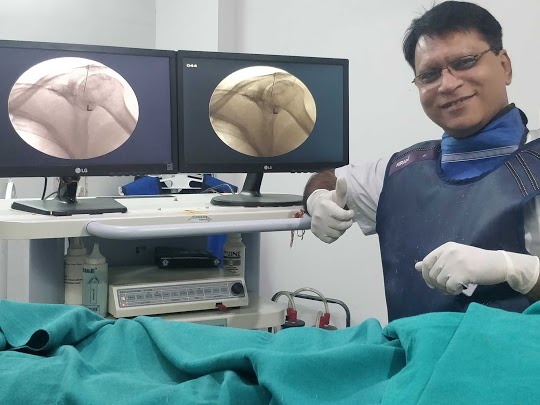



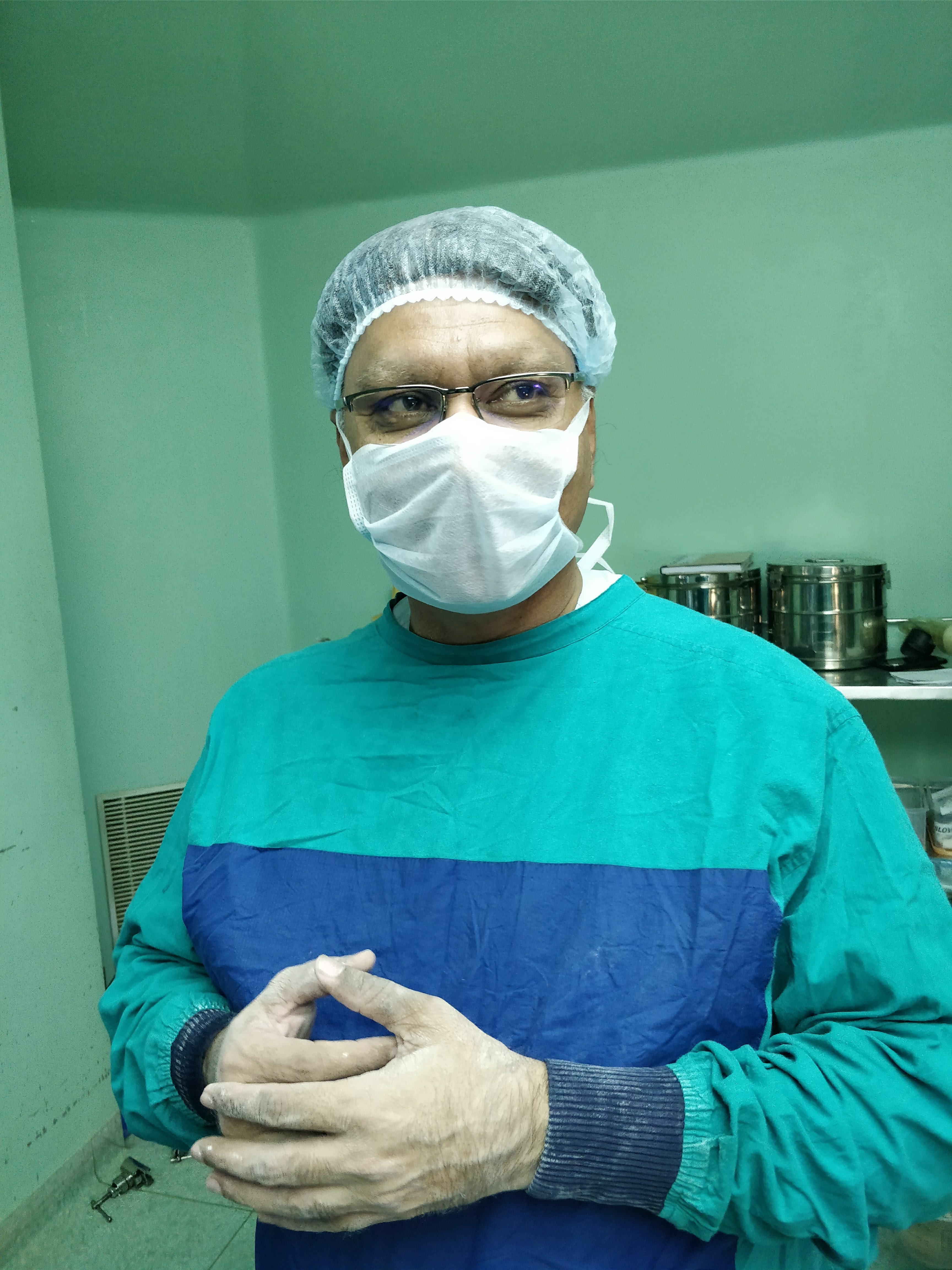
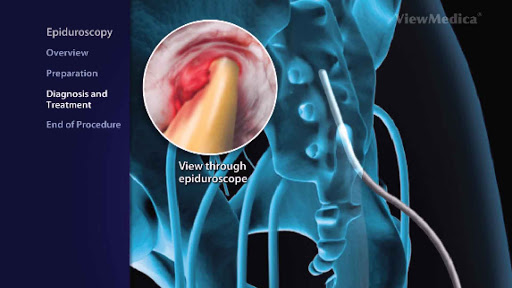

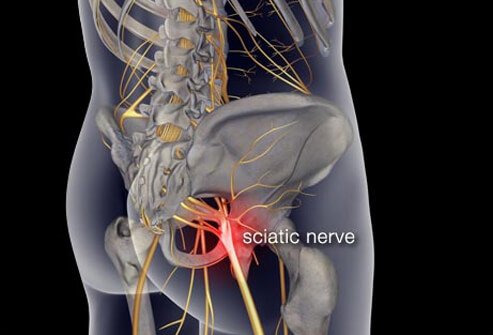

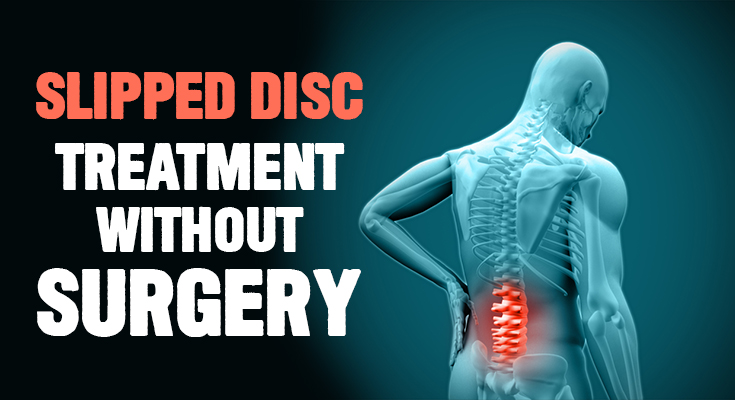




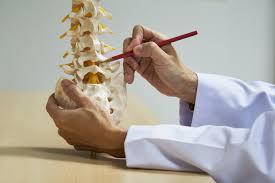
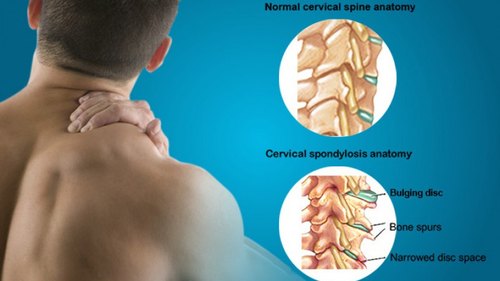
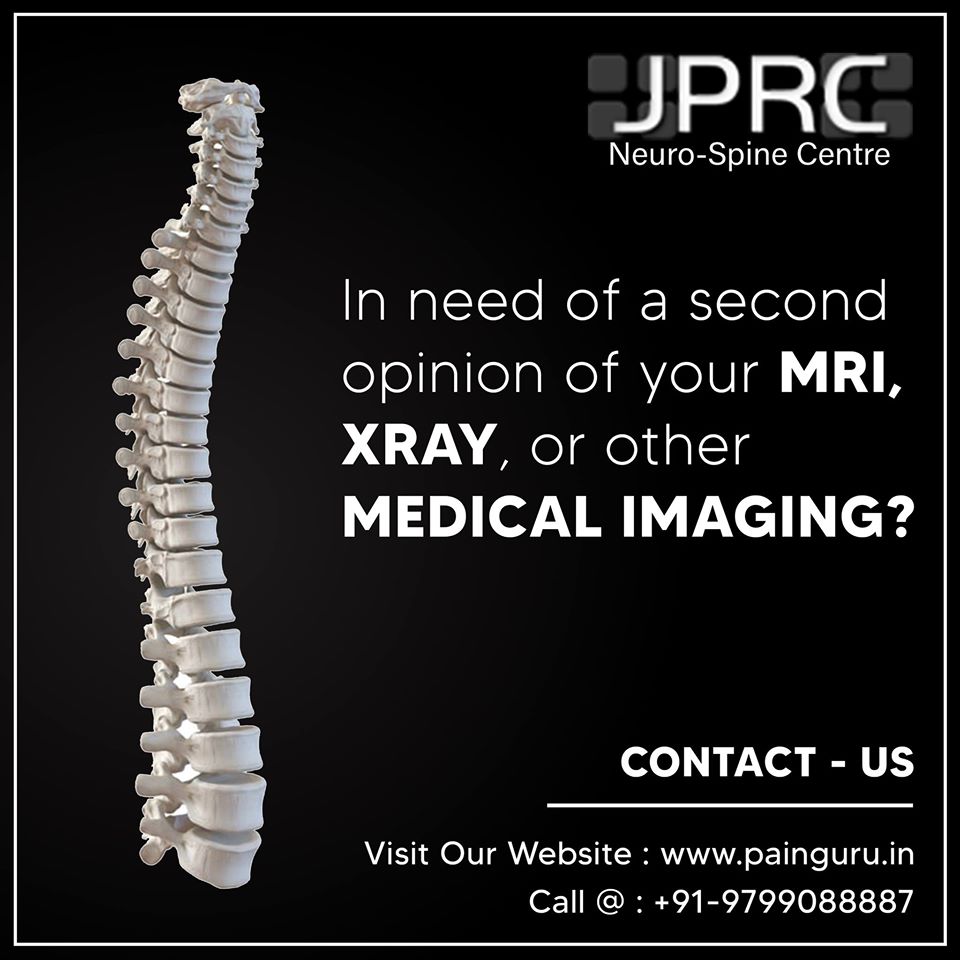






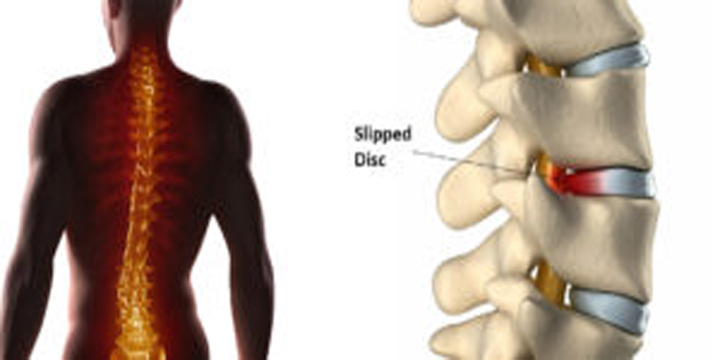
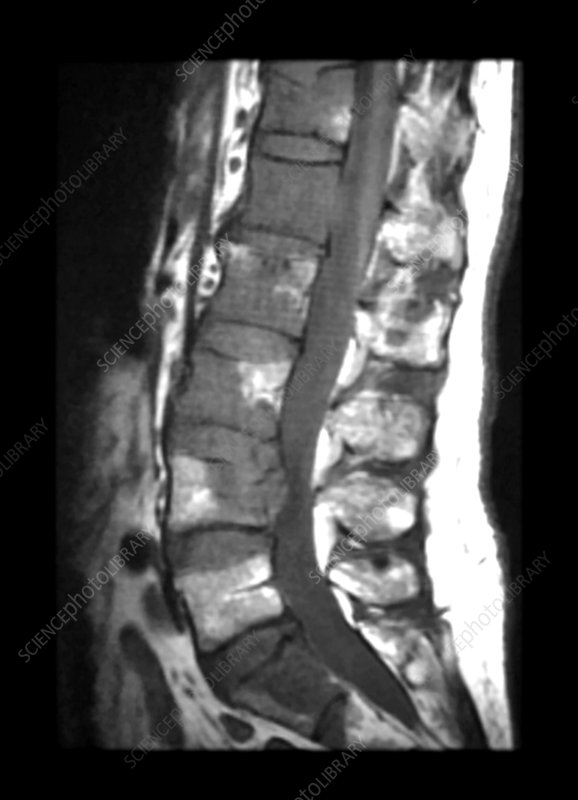




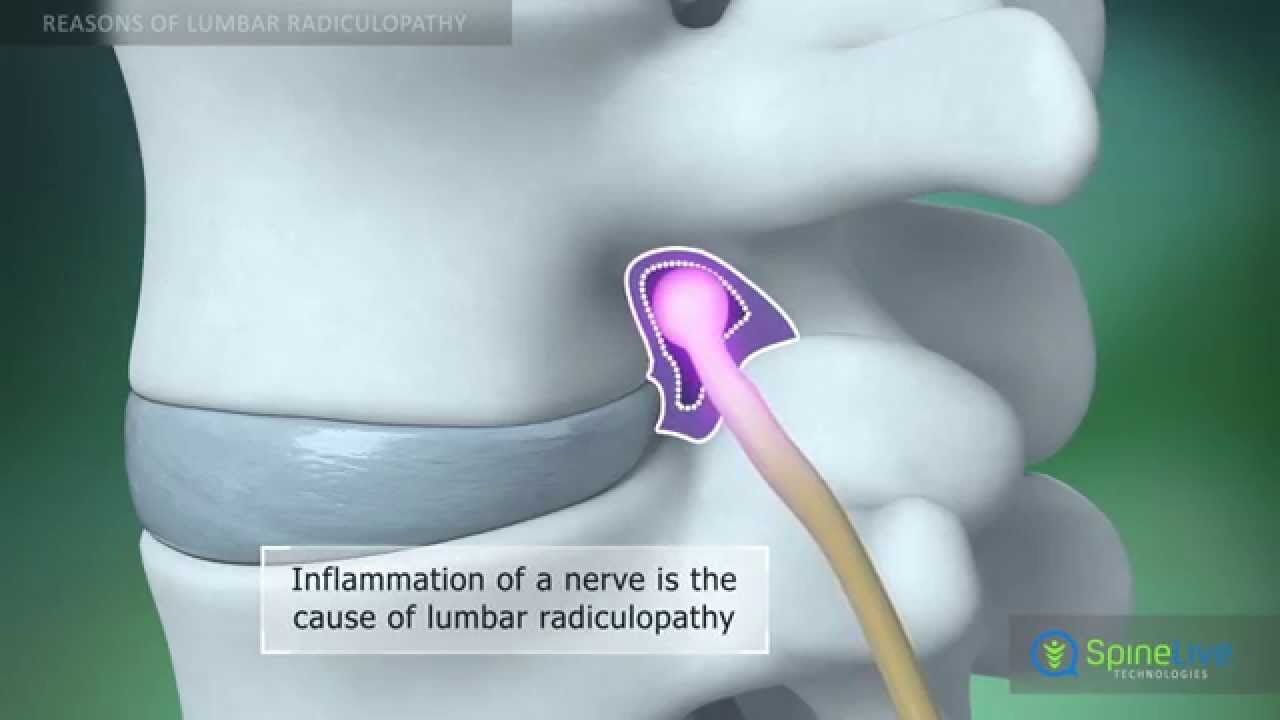
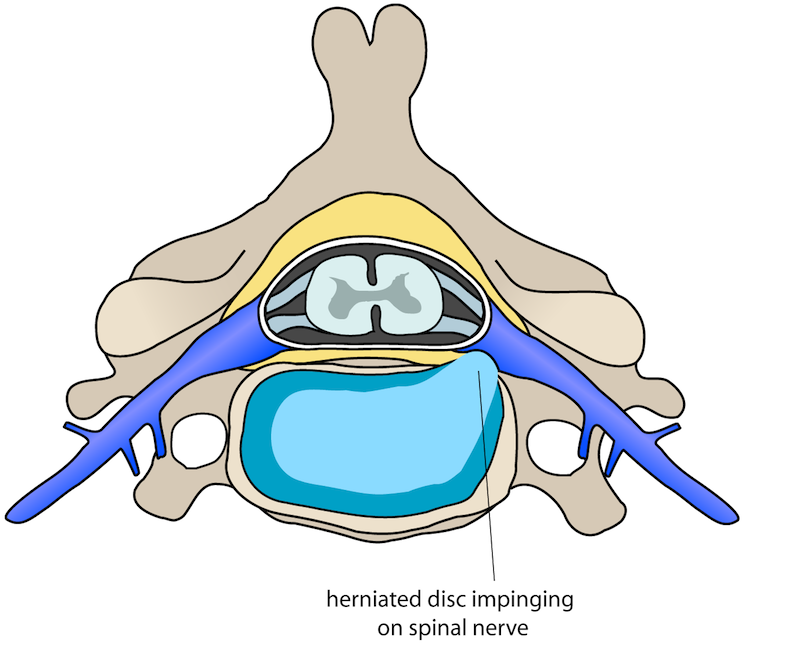
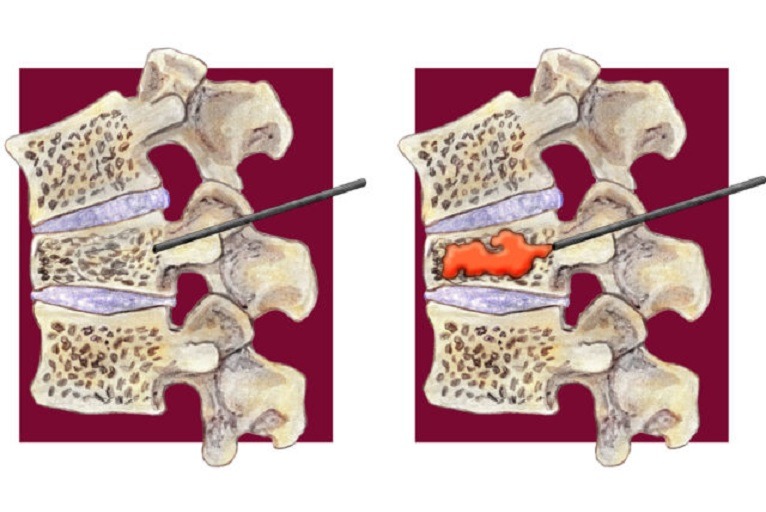











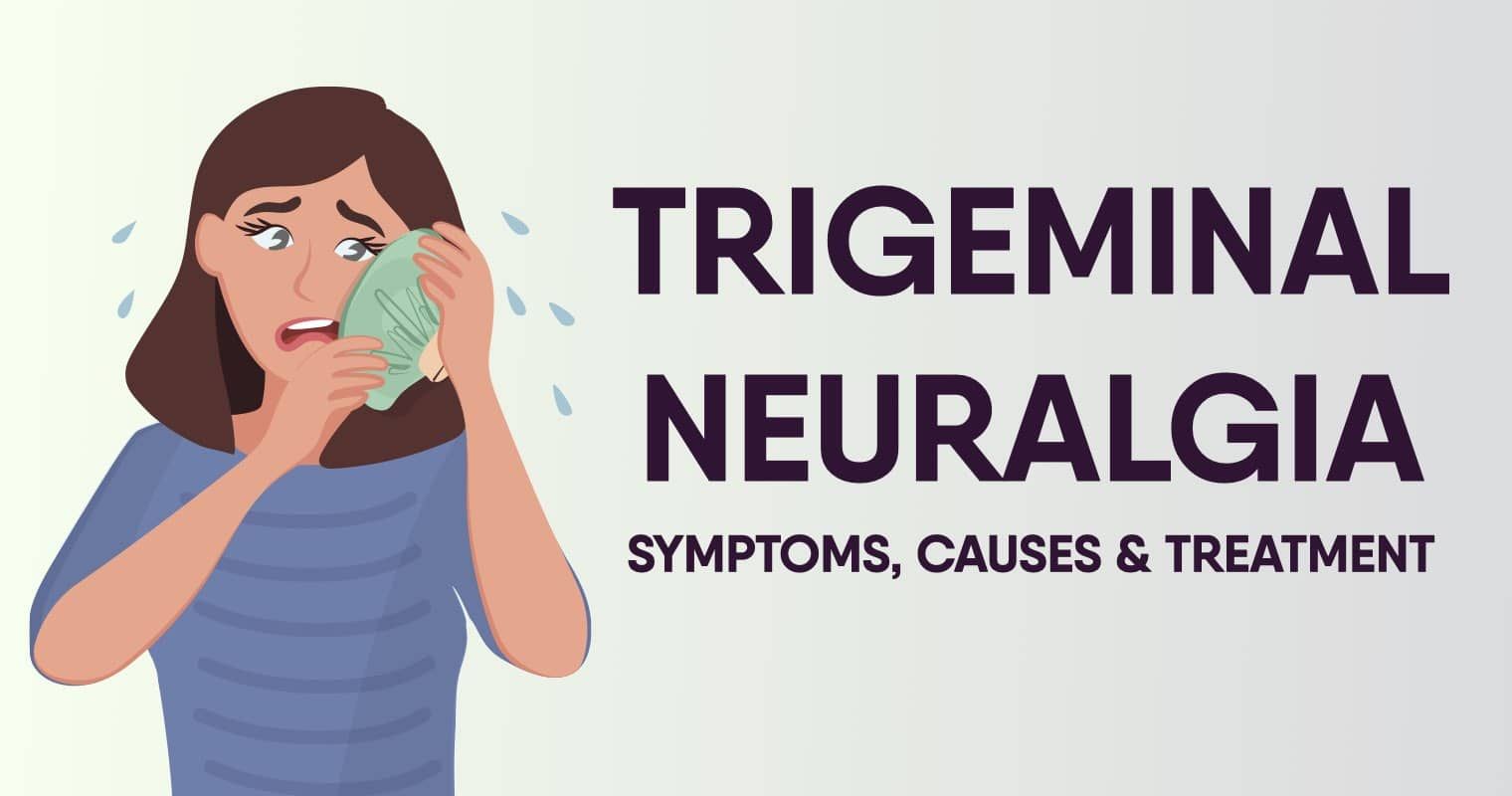
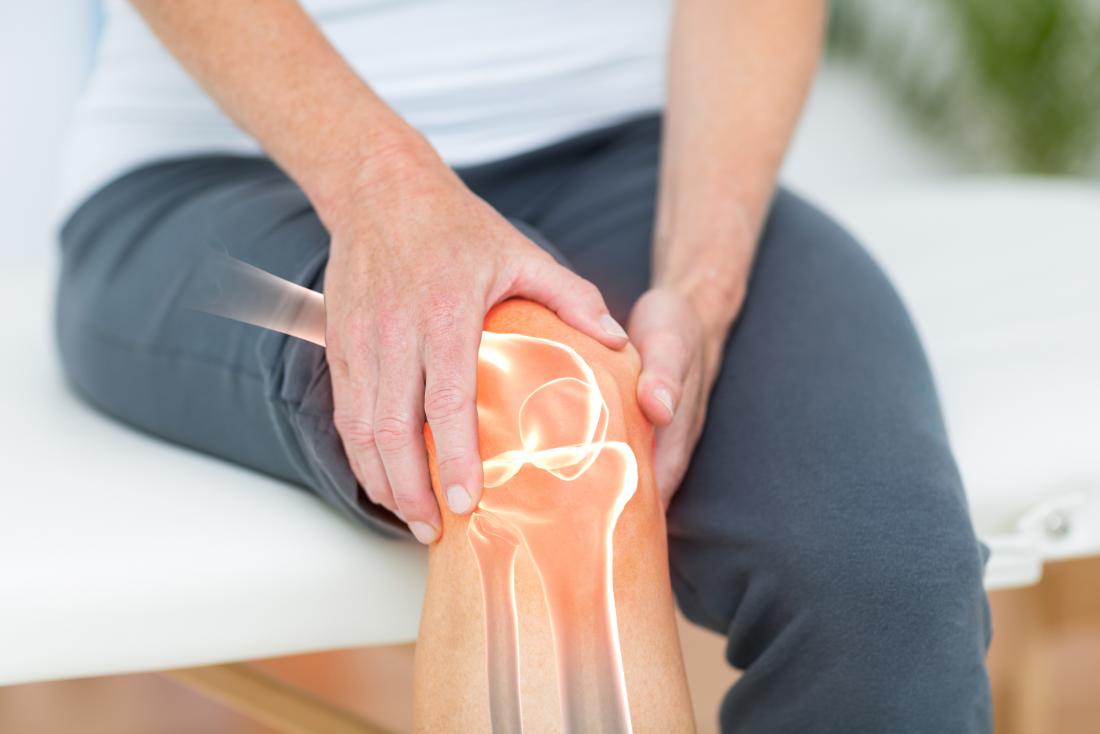
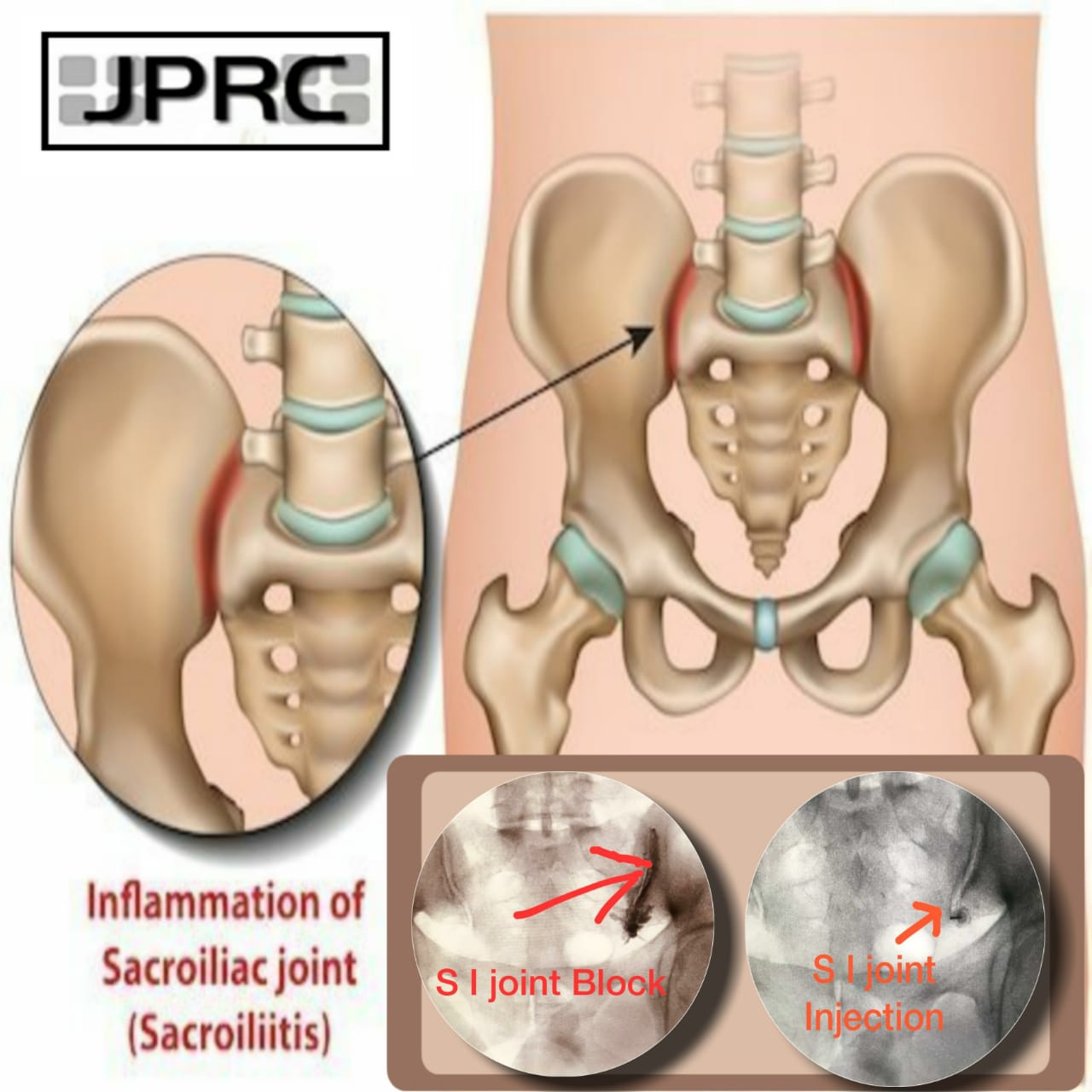





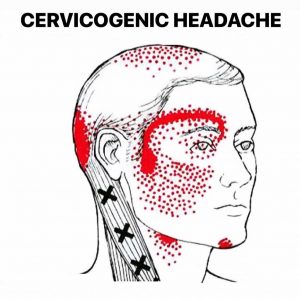




.jpg)





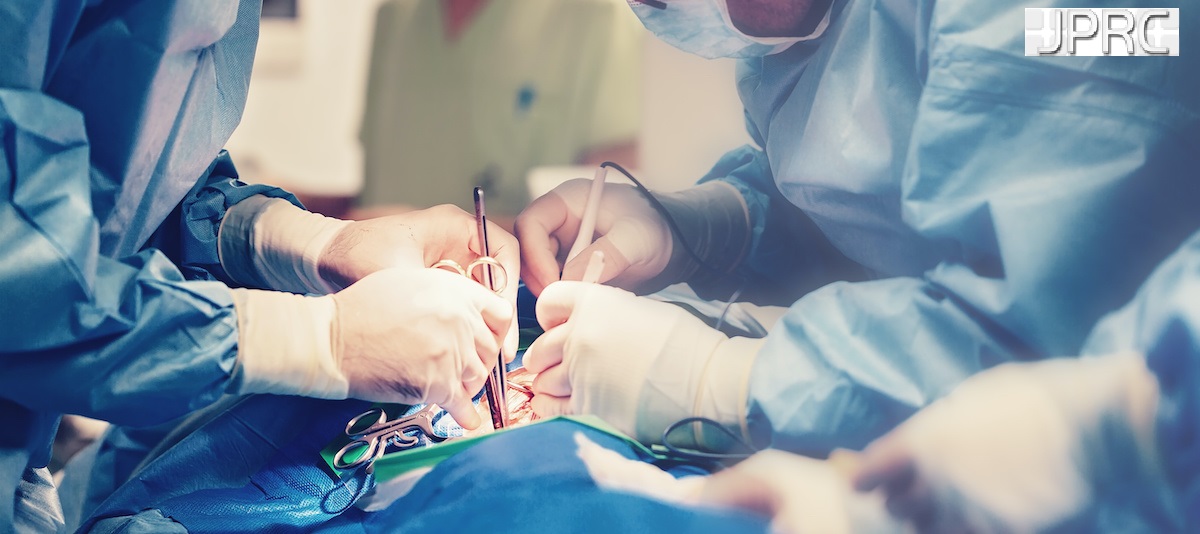


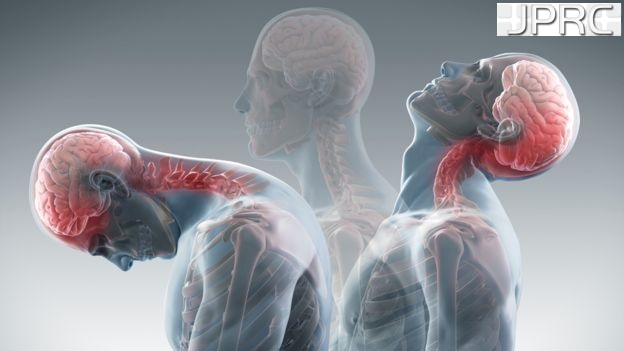


_Injection_Description_in_Hindi.jpg)
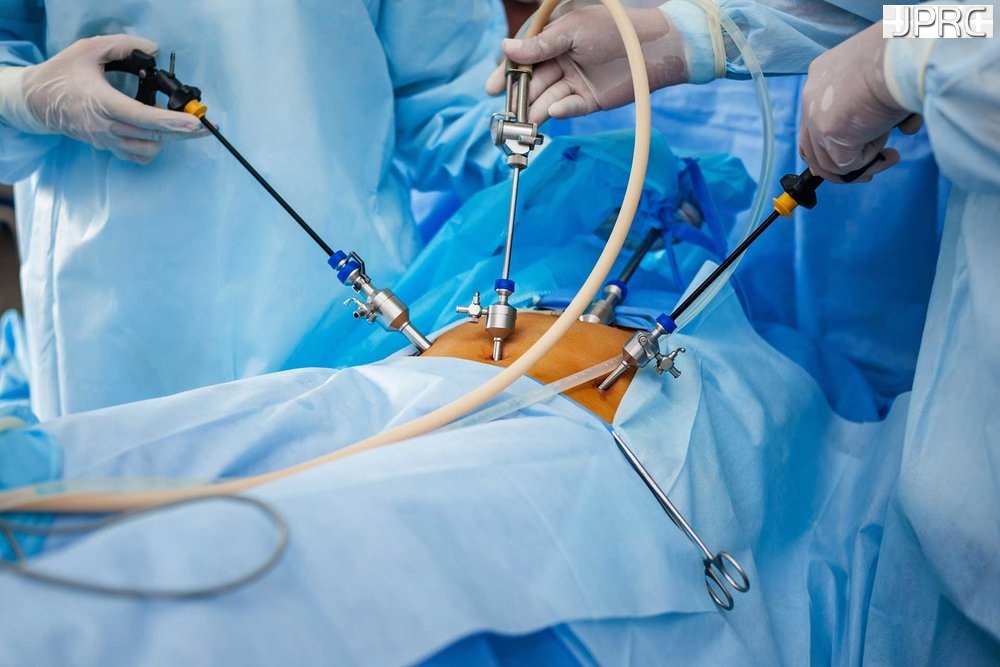

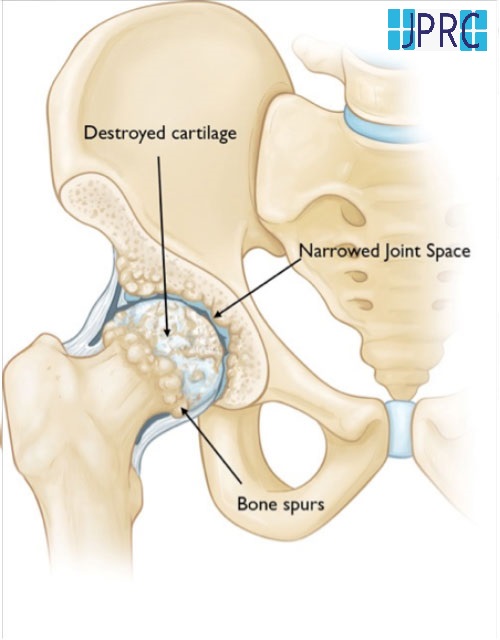



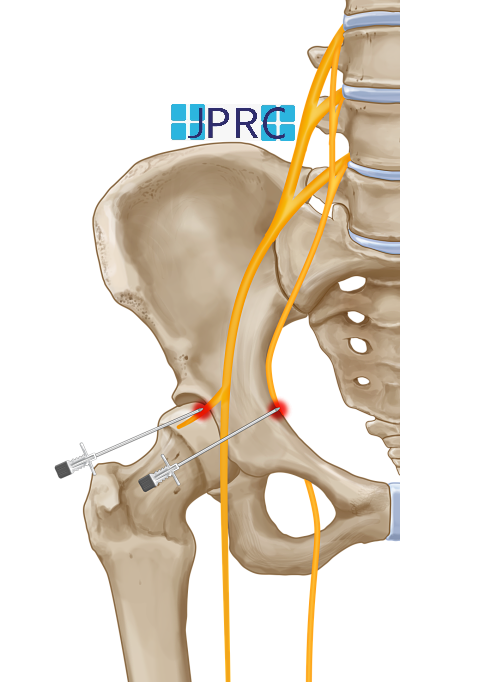


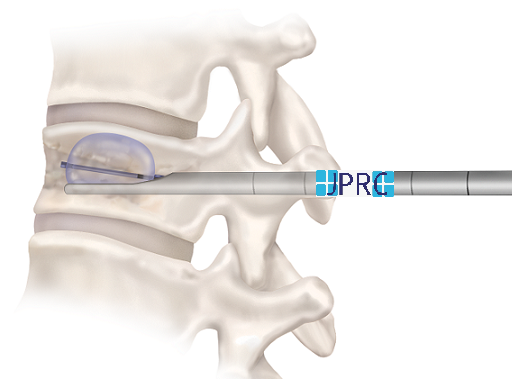

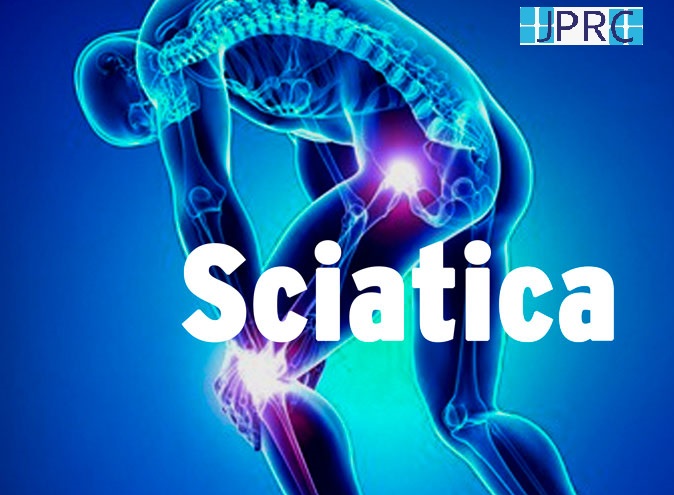



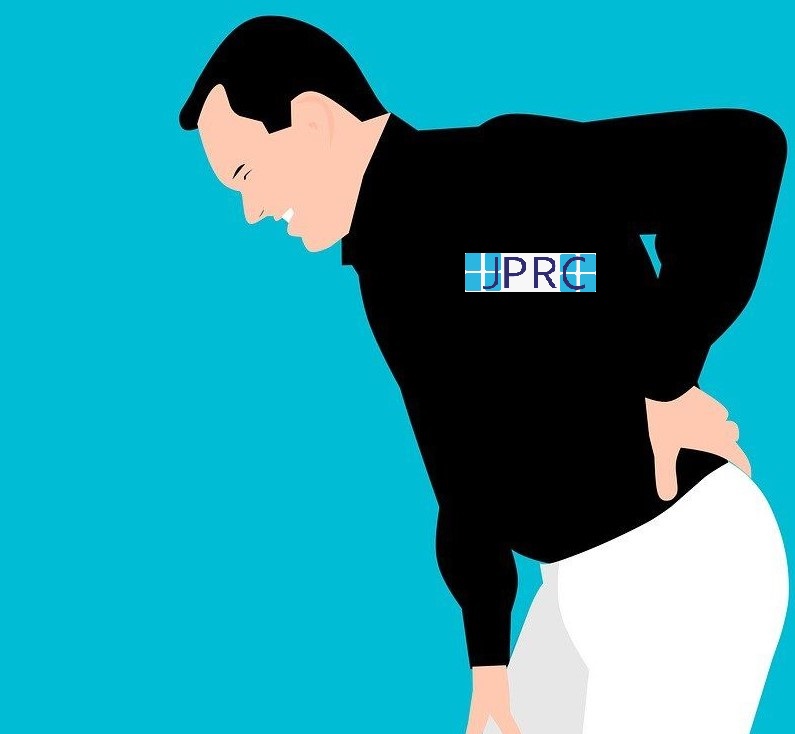
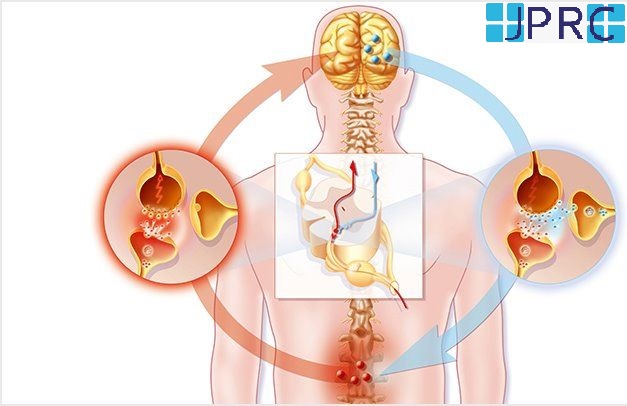


.jpg)
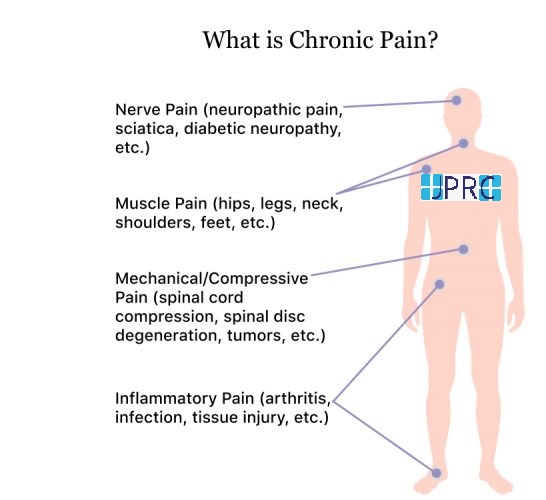



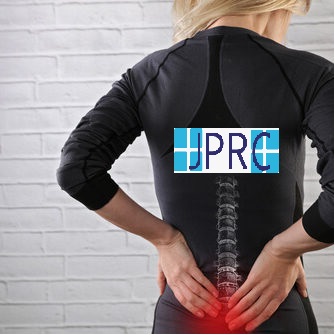



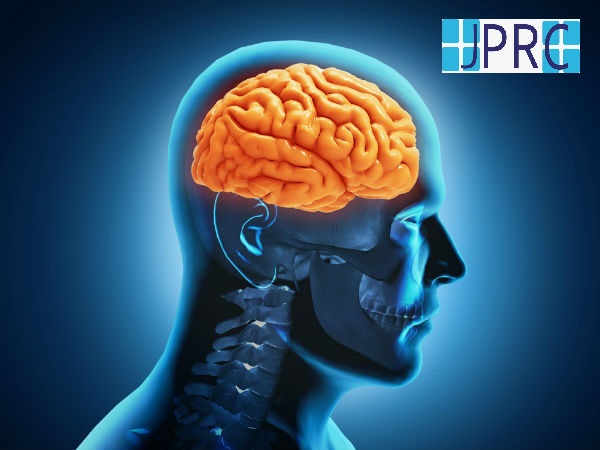

.jpg)




.jpg)
.jpg)
.jpg)



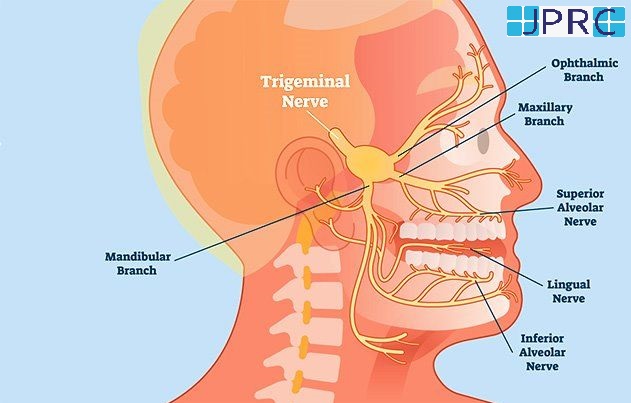



.jpg)
.jpg)
.jpg)
.jpg)
.jpg)
.jpg)
.jpg)
.jpg)
.jpg)
.jpg)
.jpg)
.jpg)
.jpg)
.jpg)
.jpg)
.jpg)
.jpg)
.jpg)
.jpg)
.jpg)
.jpg)
.jpg)








1.jpg)
1.jpg)
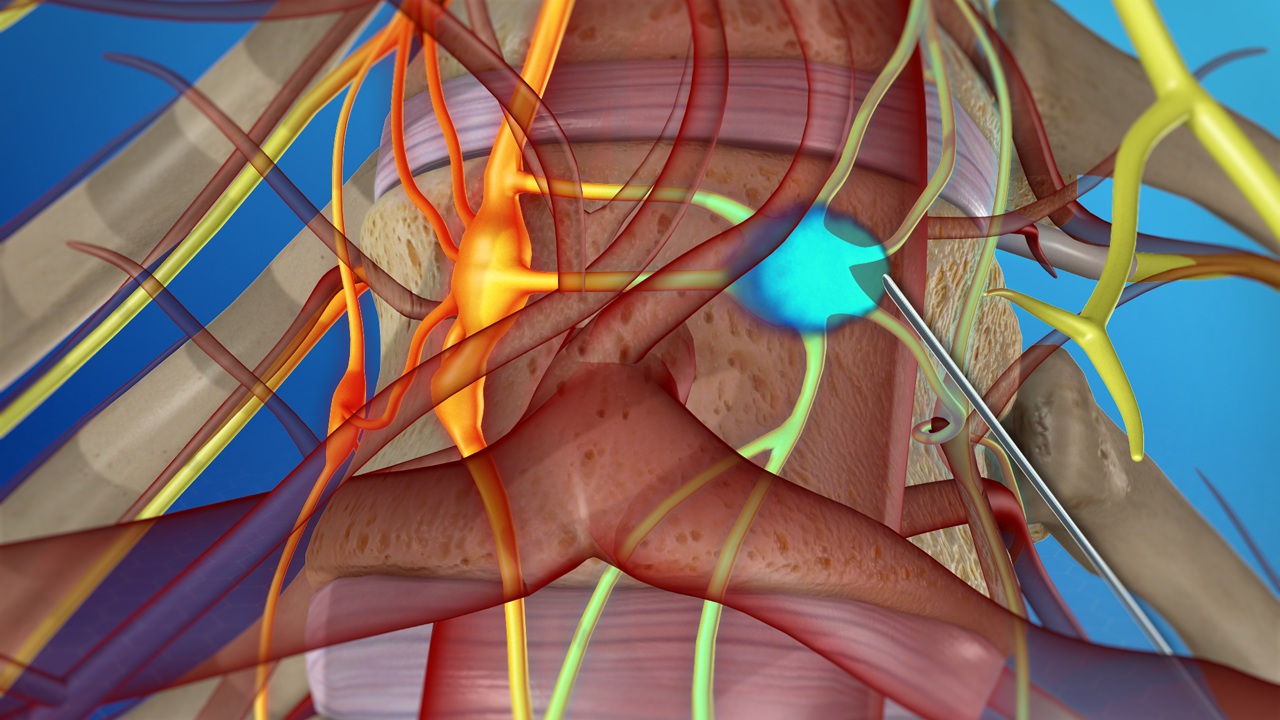
1.jpg)
1.jpg)
1.jpg)
1.jpg)
1.jpg)






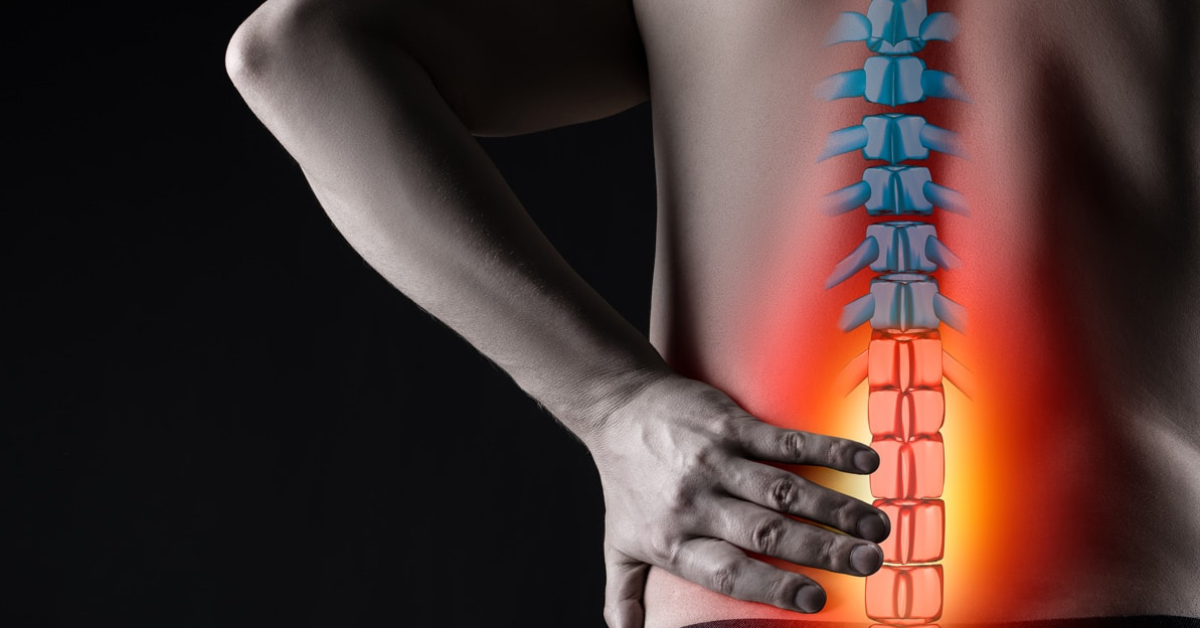

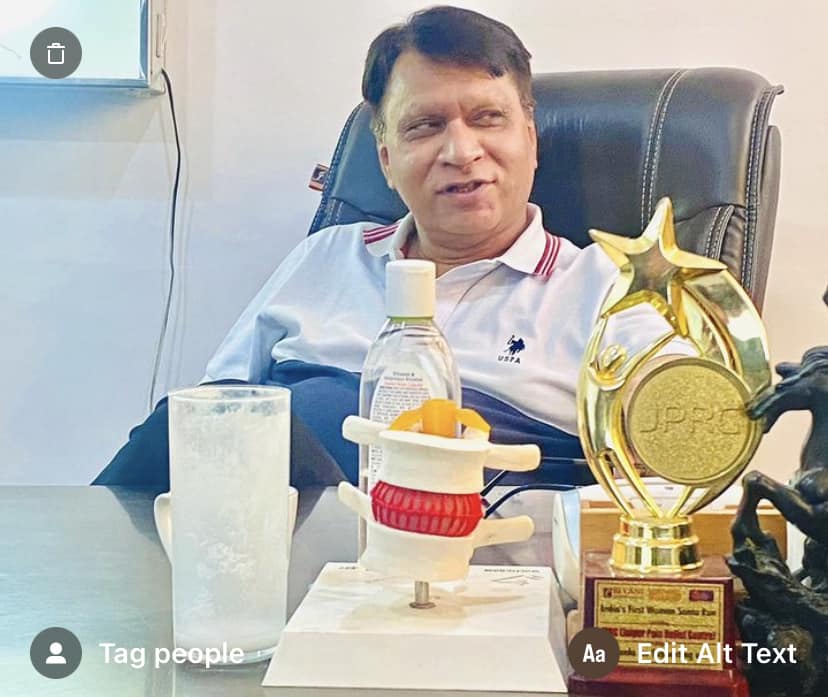
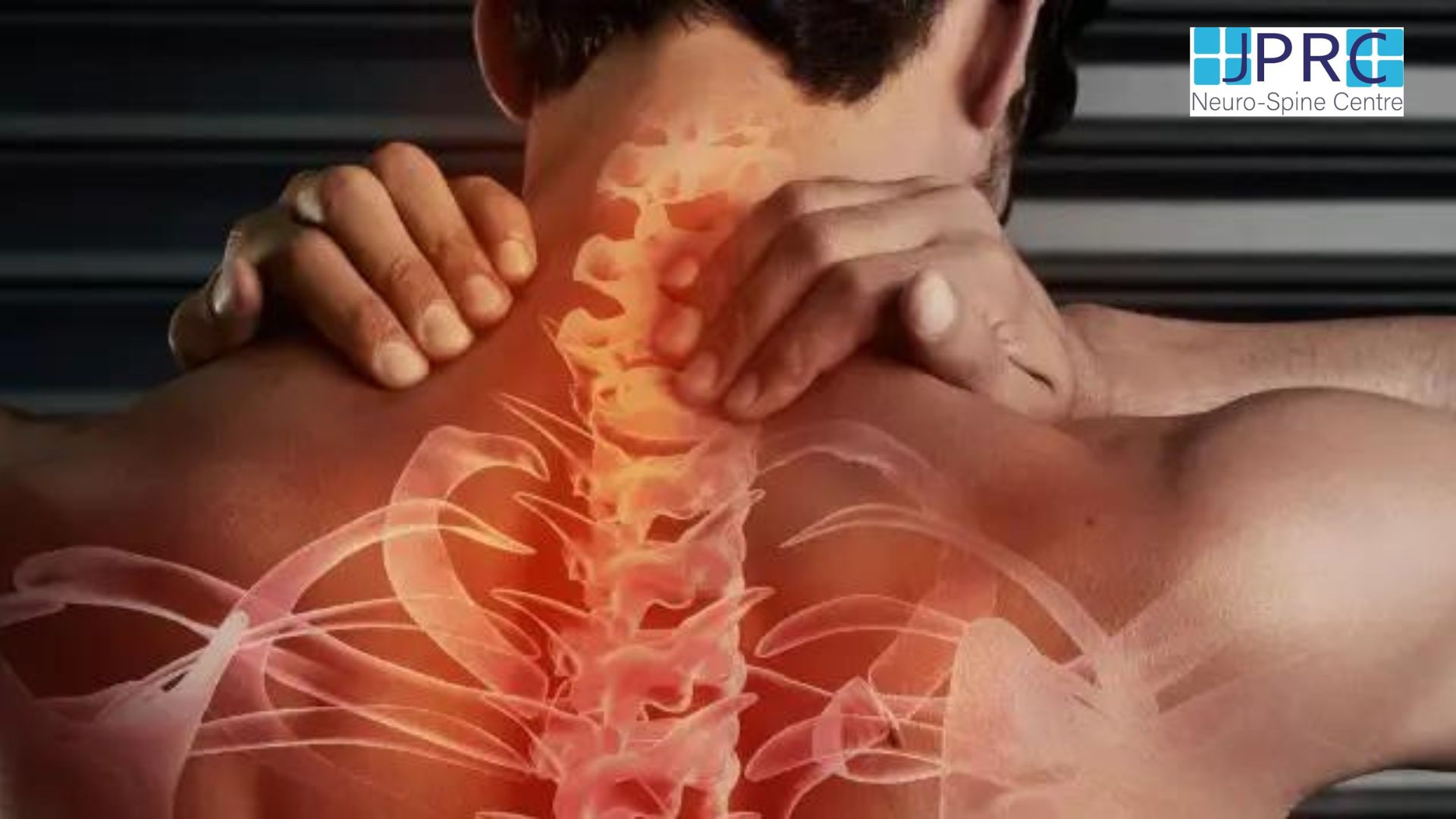
2.jpg)
3.jpg)

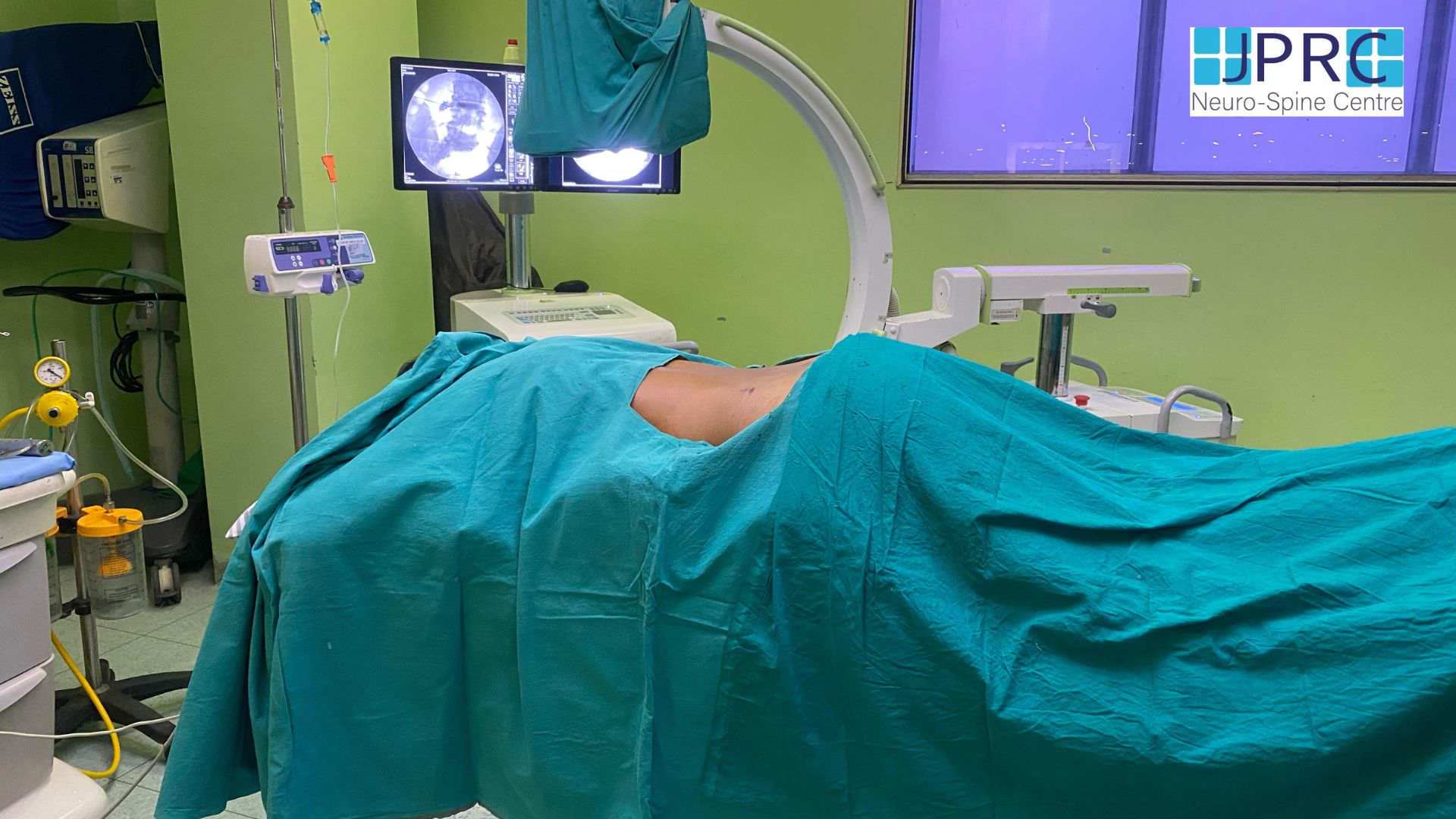

4.jpg)
1.jpg)
2.jpg)
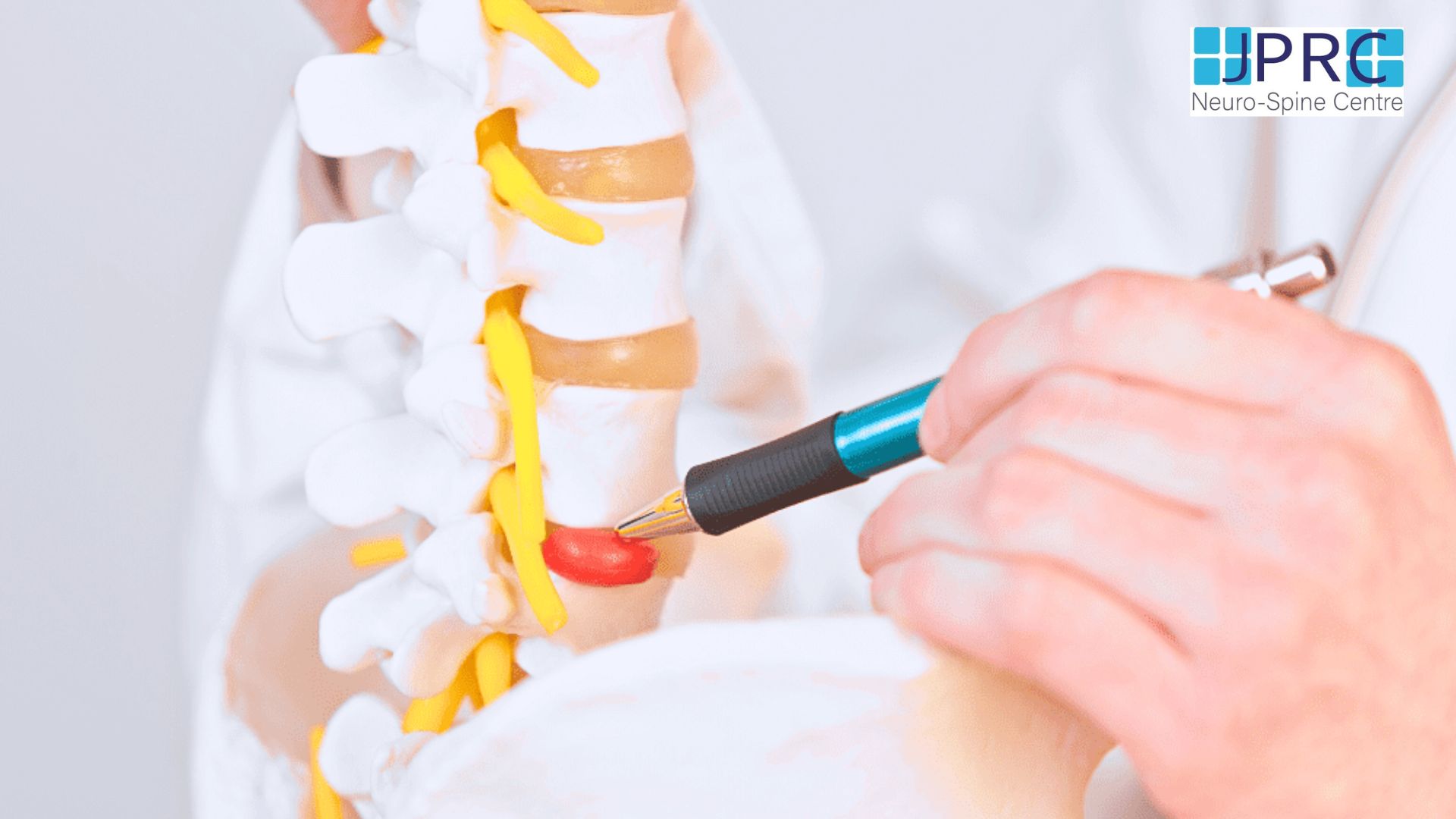
5.jpg)
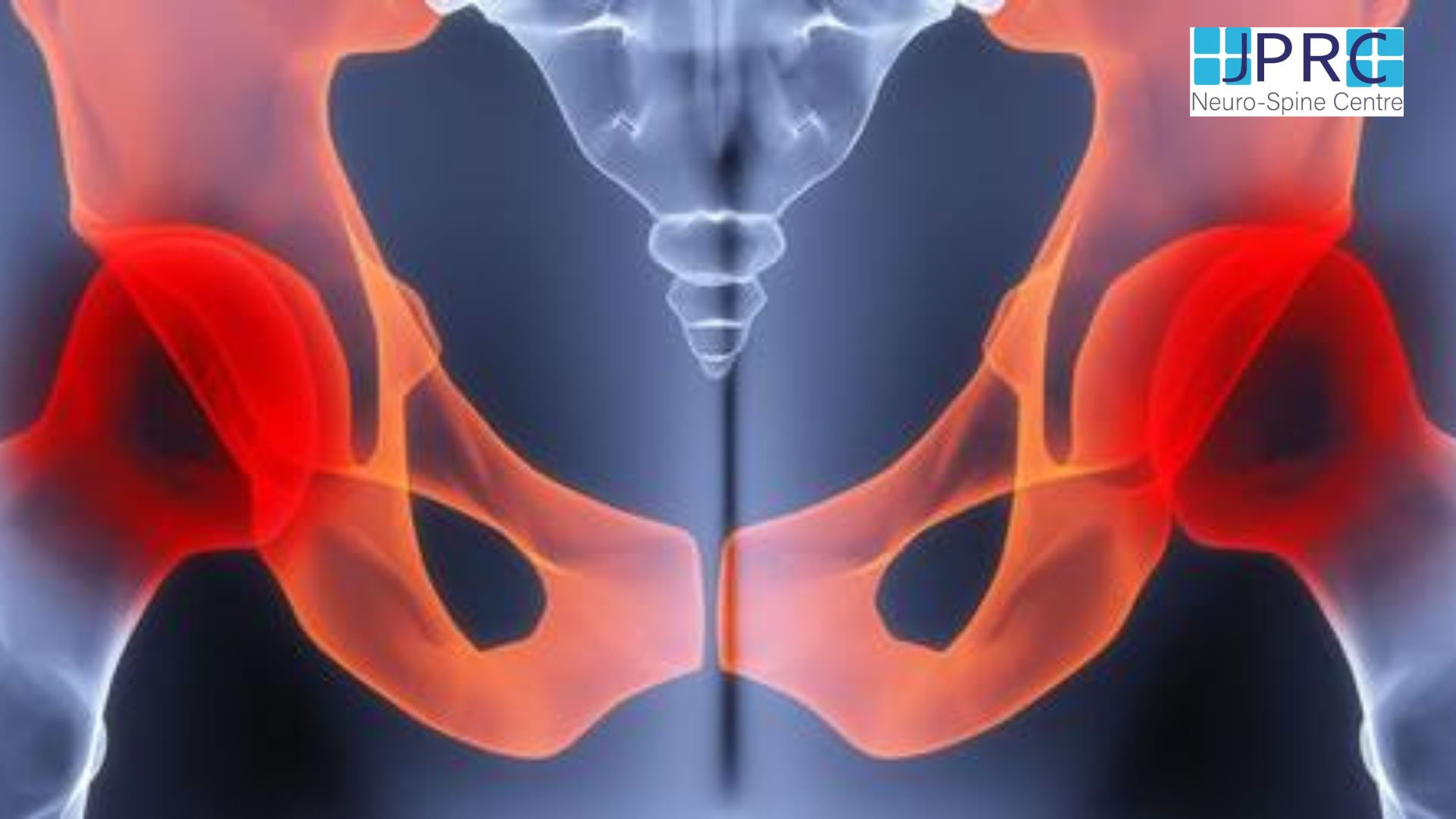
6.jpg)
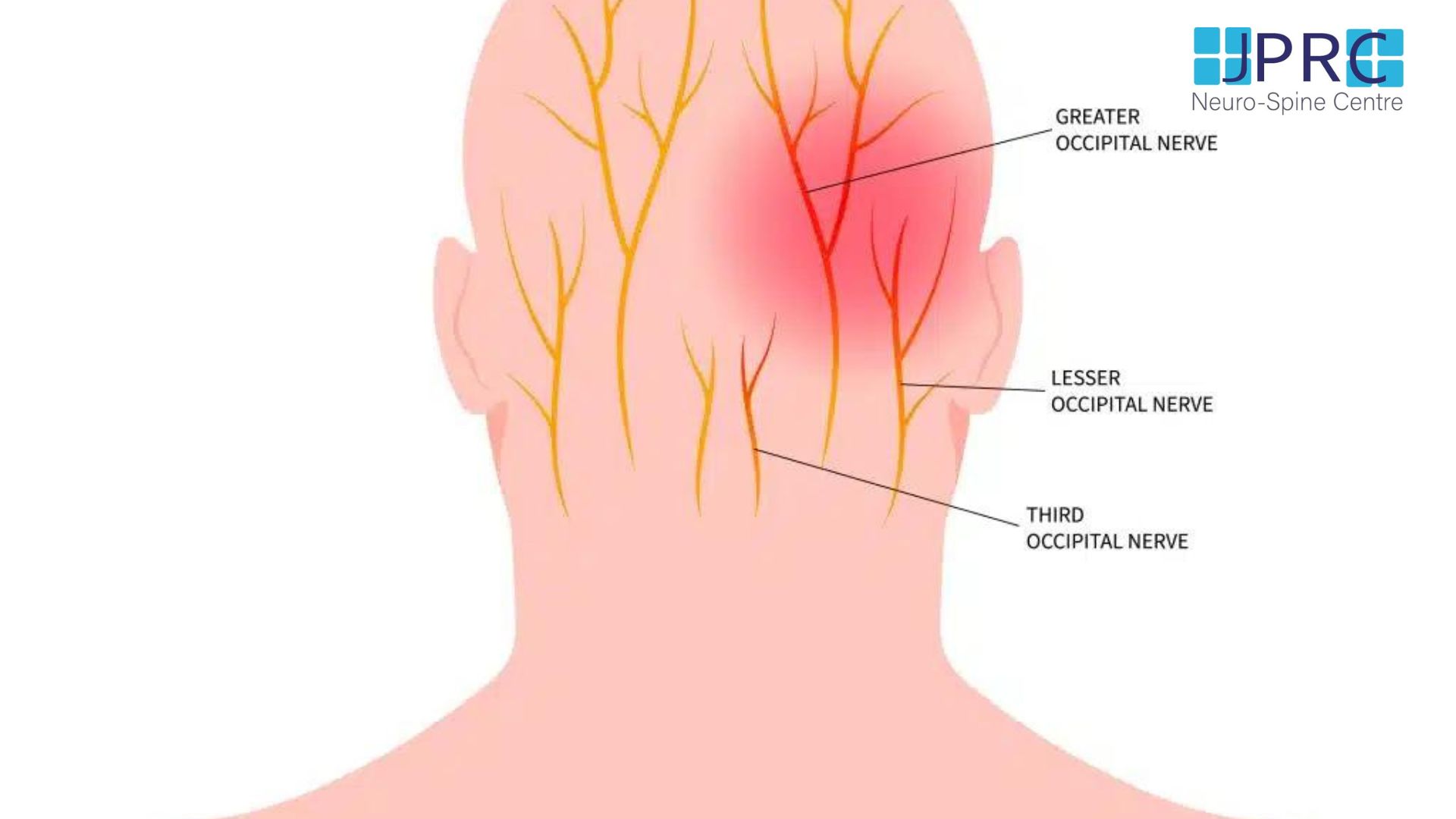
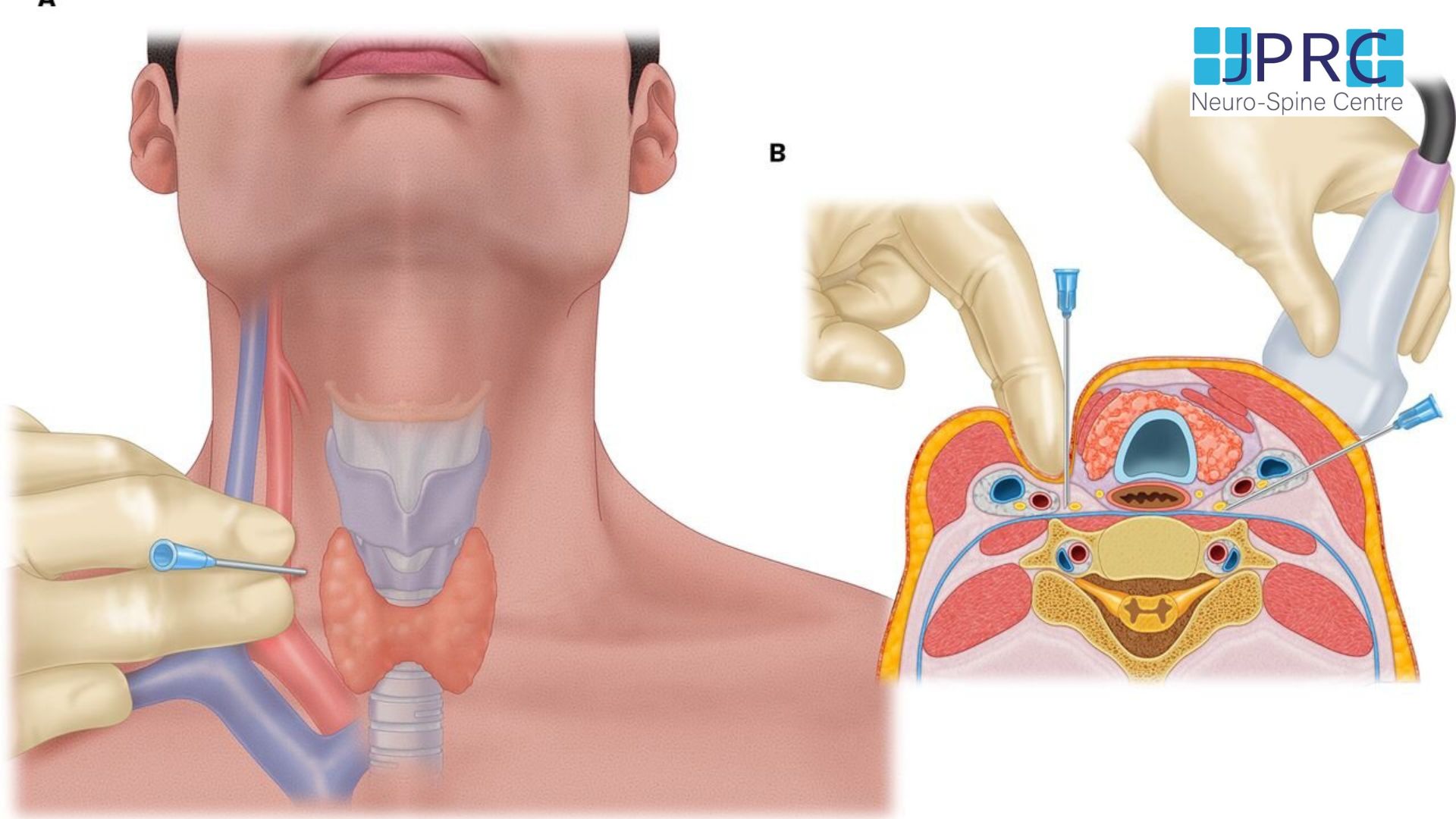


7.jpg)
2.jpg)

8.jpg)

9.jpg)
3.jpg)

10.jpg)

11.jpg)


12.jpg)
4.jpg)


























